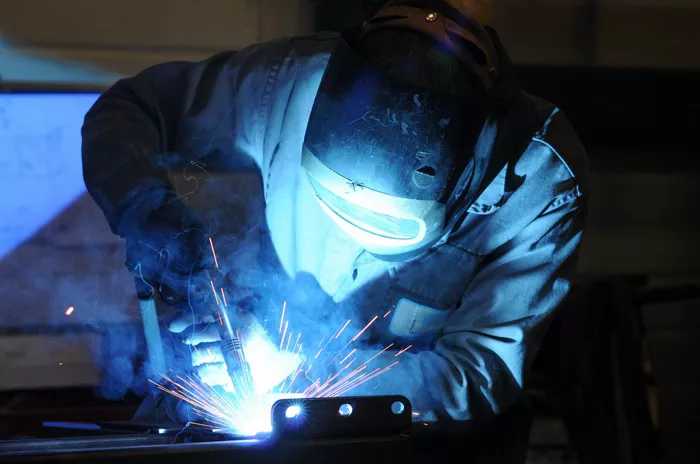Researchers at the Johns Hopkins Applied Physics Laboratory (APL) in Laurel, Maryland, have unveiled a game-changing solid-state refrigeration technology that delivers double the efficiency of conventional thermoelectric devices. Utilizing nano-engineered materials, the innovation marks a significant step forward in scalable, eco-friendly cooling solutions and could transform industries reliant on compact and efficient thermal management.
The breakthrough, published in Nature Communications, showcases the first real-world demonstration of refrigeration using APL’s proprietary Controlled Hierarchically Engineered Superlattice Structures (CHESS). Developed over a decade for national security applications, CHESS thin-film thermoelectric materials now offer a high-efficiency alternative to traditional compressor-based systems and bulk thermoelectric materials.
“This marks a significant leap in cooling technology and sets the stage for translating advances in thermoelectric materials into large-scale, energy-efficient refrigeration,” said Rama Venkatasubramanian, principal investigator of the project and APL’s chief technologist for thermoelectrics.
A Scalable, High-Efficiency Alternative
The CHESS materials enabled nearly a 100% efficiency gain at the material level, translating into a 75% improvement at the device level, and 70% at the system level when tested under real-world cooling conditions. These advances were validated through a joint collaboration with Samsung Electronics, whose engineers contributed detailed thermal modeling to quantify performance.
Thermoelectric cooling, which uses electrons instead of refrigerants to transfer heat, is lauded for being compact, quiet, and environmentally sustainable. But until now, performance limitations of bulk materials had kept the technology from replacing compressor systems in large-scale applications.
The new CHESS materials overcome these barriers, using only 0.003 cubic centimeters—roughly the size of a grain of sand—per cooling unit, enabling mass production with existing semiconductor chip fabrication technologies.
Powered by Scalable Manufacturing
APL leveraged metal-organic chemical vapor deposition (MOCVD)—a well-established process used in solar cells and LED production—to grow CHESS thin films. “MOCVD is already used widely in commercial settings, making it ideal for scaling up CHESS production,” said Jon Pierce, APL’s lead engineer for MOCVD systems.
This compatibility with established manufacturing platforms positions CHESS as a cost-effective, scalable solution not just for refrigeration, but for energy harvesting, advanced electronics, and aerospace systems.
Toward Next-Generation Cooling and Energy Systems
Future efforts will include the demonstration of larger refrigeration systems, such as freezers, and the integration of AI-driven optimization to improve energy use in distributed cooling systems for HVAC and refrigeration. APL also plans to explore CHESS applications for converting body heat into electrical power for wearables, prosthetics, and spacecraft.
“This innovation shows that high-efficiency solid-state refrigeration is not only scientifically viable but manufacturable at scale,” said Susan Ehrlich, APL’s technology commercialization manager. “We look forward to working with industry partners to bring these solutions to market.”
With its combination of performance, scalability, and environmental sustainability, the CHESS platform stands poised to redefine the future of cooling and energy systems—ushering in a new era of solid-state thermal technologies.

